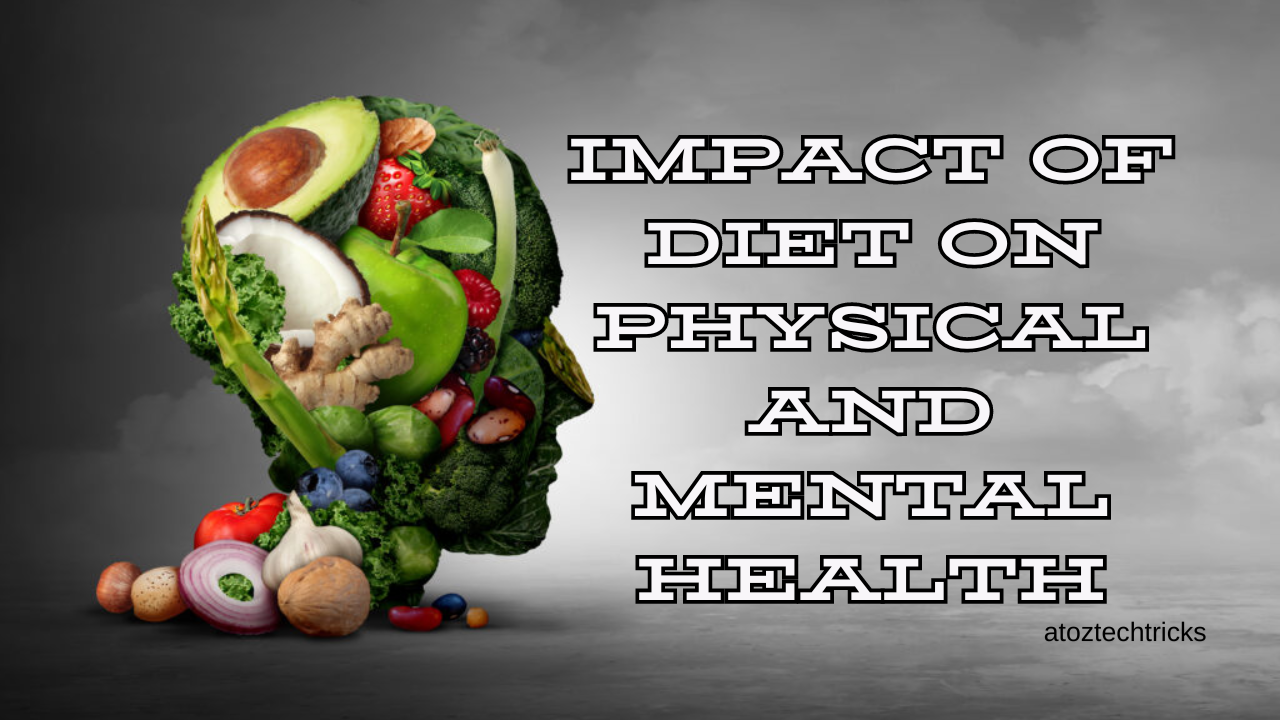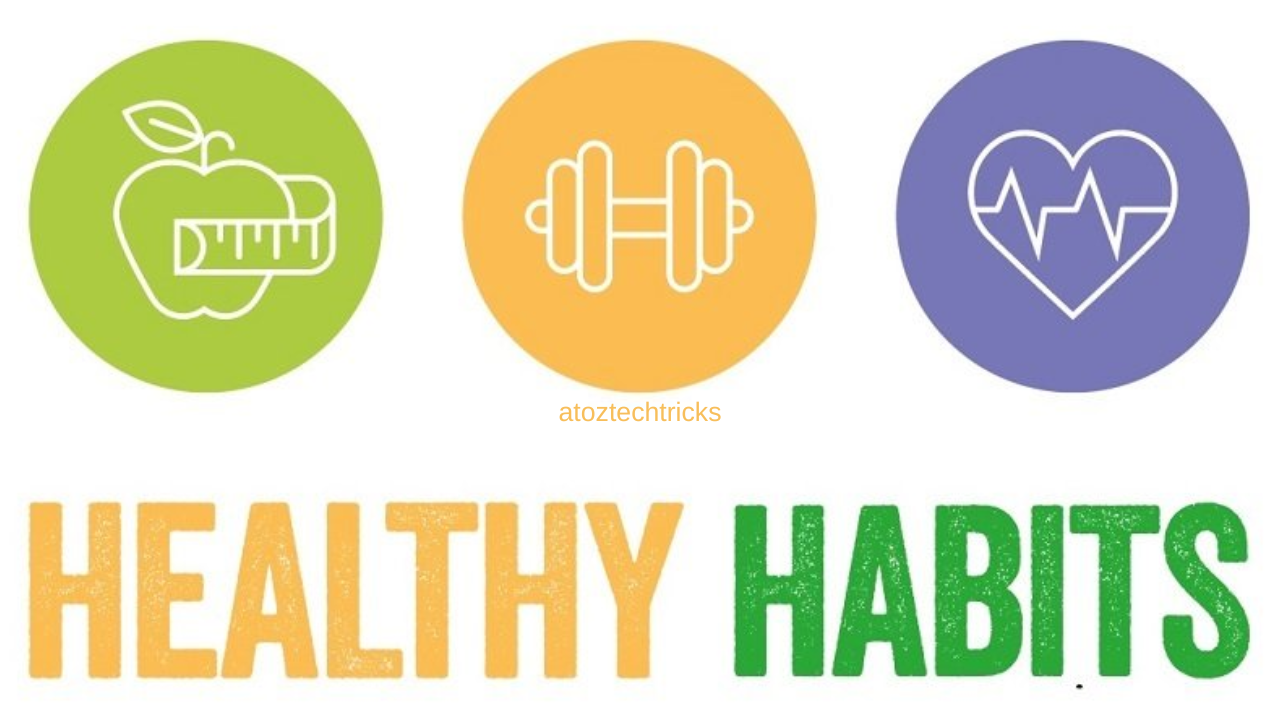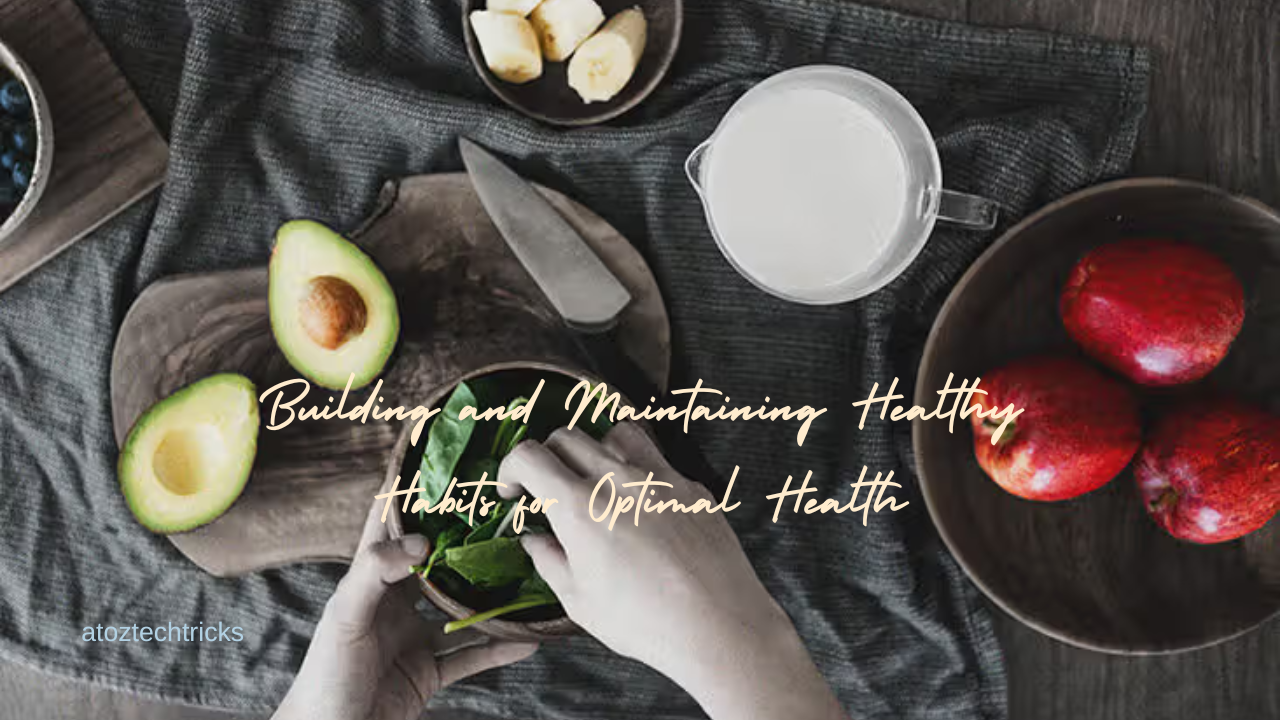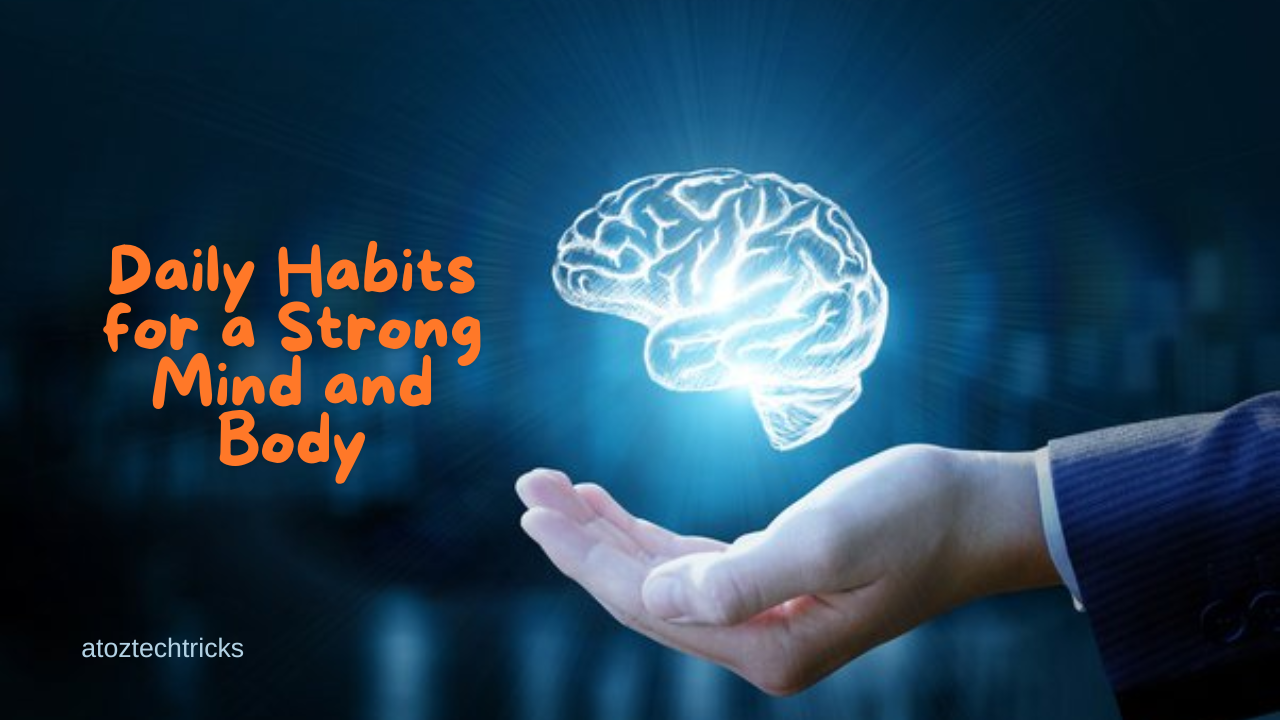The Impact of Diet on Physical and Mental Health
Maintaining a balanced diet is crucial for overall health and well-being. The food we eat affects not only our physical health but also our mental and emotional state. This comprehensive guide explores the impact of diet on both physical and mental health, examining how various nutrients and dietary patterns influence our bodies and minds.
1. Understanding the Basics: What Constitutes a Healthy Diet?
Before diving into the specifics of how diet impacts health, it’s important to understand what constitutes a healthy diet. A balanced diet typically includes:
- Fruits and Vegetables: Rich in vitamins, minerals, and fibre, they support various bodily functions and reduce the risk of chronic diseases.
- Whole Grains: Provide essential nutrients and fibre, promoting digestive health and stable blood sugar levels.
- Lean Proteins: Such as poultry, fish, beans, and legumes, are vital for muscle repair and immune function.
- Healthy Fats: Found in nuts, seeds, avocados, and olive oil, they support brain function and heart health.
- Dairy or Dairy Alternatives: Source of calcium and vitamin D, which are important for bone health.
Understanding Macros and Micros: Importance for Optimal Health
2. The Role of Nutrition in Physical Health
2.1. Cardiovascular Health
Diet plays a significant role in cardiovascular health. Consuming foods high in saturated and trans fats can lead to increased cholesterol levels and a higher risk of heart disease. Conversely, diets rich in omega-3 fatty acids, found in fatty fish like salmon, can help reduce inflammation and lower blood pressure. Whole grains, fruits, and vegetables also contribute to heart health by providing antioxidants and fibre that help reduce LDL (bad) cholesterol levels.
2.2. Weight Management
Maintaining a healthy weight is essential for overall well-being. Diets high in processed foods and sugary beverages are linked to weight gain and obesity. These foods are often high in empty calories, leading to increased fat accumulation. On the other hand, a diet rich in fibre, protein, and healthy fats can help control appetite and promote satiety, making it easier to manage weight. For example, incorporating foods like beans, nuts, and vegetables can aid in weight management by providing essential nutrients without excess calories.
2.3. Digestive Health
A healthy digestive system is crucial for overall health. Diets rich in fibre from fruits, vegetables, and whole grains support regular bowel movements and prevent constipation. Fibre also promotes a healthy gut microbiome, which is essential for digestion and nutrient absorption. Probiotics, found in fermented foods like yoghurt and sauerkraut, can further support digestive health by maintaining balanced gut flora.
2.4. Bone Health
Calcium and vitamin D are essential for maintaining strong bones and preventing osteoporosis. Dairy products, leafy greens, and fortified plant-based milk are excellent sources of calcium. Vitamin D, which can be synthesized through sun exposure, is also important for calcium absorption. A deficiency in these nutrients can lead to weakened bones and increased fracture risk.

3. The Connection Between Diet and Mental Health
3.1. Mood Regulation
What we eat can have a profound effect on our mood. Nutrient-rich foods support the production of neurotransmitters, which are chemicals in the brain that regulate mood. For example, omega-3 fatty acids, found in fish and flaxseeds, are known to support brain function and may help reduce symptoms of depression. Conversely, diets high in sugar and refined carbohydrates can lead to fluctuations in blood sugar levels, which may contribute to mood swings and irritability.
3.2. Cognitive Function
Cognitive health is influenced by diet, with certain nutrients playing a key role in brain function. Antioxidants, found in fruits and vegetables, help protect the brain from oxidative stress and may reduce the risk of cognitive decline. B vitamins, such as folate, B6, and B12, are crucial for brain health and can impact memory and cognitive function. Omega-3 fatty acids also support brain health by contributing to the structure of brain cells and promoting neuroplasticity.
3.3. Mental Health Disorders
Research suggests that diet may influence the risk and management of mental health disorders. For instance, diets high in processed foods and low in essential nutrients are associated with a higher risk of depression and anxiety. On the other hand, diets rich in whole foods, including fruits, vegetables, and lean proteins, may help alleviate symptoms of these conditions. The Mediterranean diet, which emphasizes fruits, vegetables, whole grains, and healthy fats, has been linked to improved mental health outcomes.
4. Specific Diets and Their Impact
4.1. The Mediterranean Diet
The Mediterranean diet is renowned for its benefits to both physical and mental health. It emphasizes whole grains, fruits, vegetables, nuts, and olive oil while limiting red meat and processed foods. Studies have shown that this diet can reduce the risk of heart disease, improve cognitive function, and lower the risk of depression. Its focus on healthy fats and antioxidant-rich foods supports overall well-being.
4.2. The DASH Diet
The Dietary Approaches to Stop Hypertension (DASH) diet is designed to lower blood pressure and promote heart health. It emphasizes fruits, vegetables, whole grains, and lean proteins while reducing sodium intake. The DASH diet has been shown to improve cardiovascular health and may also support mental health by reducing stress on the body.
4.3. Plant-Based Diets
Plant-based diets, which focus on fruits, vegetables, legumes, and whole grains, have been associated with numerous health benefits. They are typically low in saturated fat and high in fibre, which supports heart health and weight management. Some studies also suggest that plant-based diets may have a positive impact on mental health, although more research is needed to fully understand this connection.
4.4. Low-Carb and Ketogenic Diets
Low-carb and ketogenic diets focus on reducing carbohydrate intake to promote fat burning. These diets can be effective for weight loss and managing blood sugar levels. However, they may not be suitable for everyone and can potentially impact mental health. Some individuals may experience mood swings or cognitive issues on a very low-carb diet, highlighting the need for a balanced approach.
5. Practical Tips for a Balanced Diet
5.1. Meal Planning
Effective meal planning can help ensure a balanced diet. Aim to include a variety of fruits, vegetables, whole grains, and lean proteins in your meals. Preparing meals ahead of time can also help avoid unhealthy food choices and reduce the temptation of processed snacks.
5.2. Mindful Eating
Practising mindful eating involves paying attention to hunger cues and savouring each bite. This approach can help prevent overeating and improve digestion. Eating slowly and focusing on the flavours and textures of your food can enhance the overall eating experience.
5.3. Hydration
Staying hydrated is an essential part of a healthy diet. Water supports various bodily functions, including digestion and nutrient absorption. Aim to drink at least eight glasses of water a day and adjust your intake based on activity level and climate.
5.4. Limiting Processed Foods
Reducing the consumption of processed foods can have significant benefits for both physical and mental health. Processed foods are often high in unhealthy fats, sugars, and sodium, which can contribute to weight gain and chronic diseases. Focus on whole, unprocessed foods to maximize nutritional benefits.
6. The Future of Dietary Research
Ongoing research continues to uncover the complex relationship between diet and health. Emerging studies are exploring the impact of specific nutrients, dietary patterns, and gut microbiome on various health outcomes. Advances in personalized nutrition, which tailors dietary recommendations based on individual genetic profiles and health conditions, hold promise for optimizing both physical and mental health.
The impact of diet on physical and mental health is profound and multifaceted. A balanced diet rich in whole foods, essential nutrients, and healthy fats supports overall well-being, from cardiovascular and digestive health to mood regulation and cognitive function. By understanding the connection between diet and health, individuals can make informed choices that promote a healthier and happier life. Embracing a balanced diet, combined with mindful eating and regular physical activity, is key to achieving long-term health and well-being.




Post Comment